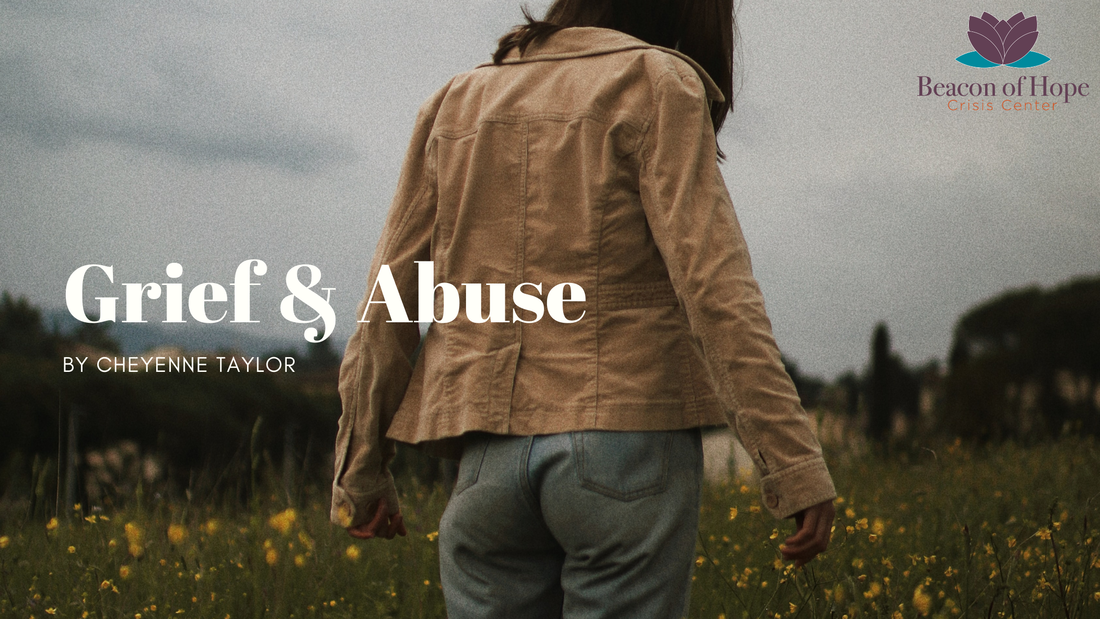|
A grief researcher named Kenneth Doka recognized the idea of disenfranchised grief in the late 1980s to describe grief people experience that is not “openly acknowledged, socially validated, or publicly supported,”[1]. Survivors of domestic violence and sexual assault often experience disenfranchised grief after their experiences.
After leaving an abusive relationship, feelings of loss can arise rather quickly. People that have experienced abuse can feel grief over the loss of the person they were before their abuse, the loss of a pet or loved one, loss of connections due to the isolation within the relationship, or even the loss of the relationship itself. These feelings are complicated and hard to express. A lot of times, survivors fear being judged for their feelings. Many assume that the primary emotions that one feels after leaving an abusive relationship are joy and relief; however, the truth is that there are negative emotions to process as well. For sexual assault victims, these feelings of grief are very similar. Sexual assault victims can feel a sense of loss, anger, or resentment for the changes their mind and body goes through. After a sexual assault, many victims experience symptoms like PTSD, anxiety, and depression. These symptoms can also cause survivors of sexual assault to feel a sense of loss. They grieve not feeling safe anymore, not feeling themselves, or not being able to move on quickly from their experience. While there are many other ways victims of domestic violence and sexual assault experience disenfranchised grief, we want all survivors to know that their grief is valid, as are their feelings. Healing is a process, and it is often not a straight path. We are here for all survivors; we believe all survivors and are here to support and uplift them. If you or a loved one is experiencing domestic violence or sexual assault or have had experiences with either, know that Beacon of Hope Crisis Center offers free services and resources. To speak with our trained victim advocates, call our confidential crisis line at 317-731-6140. [1] https://www.socialworktoday.com/news/enews_0618_1.shtml Comments are closed.
|
|
CAREER opportunities © 2024 Beacon of Hope Crisis Center Privacy Policy Accessibility Statement Board Portal Login |

